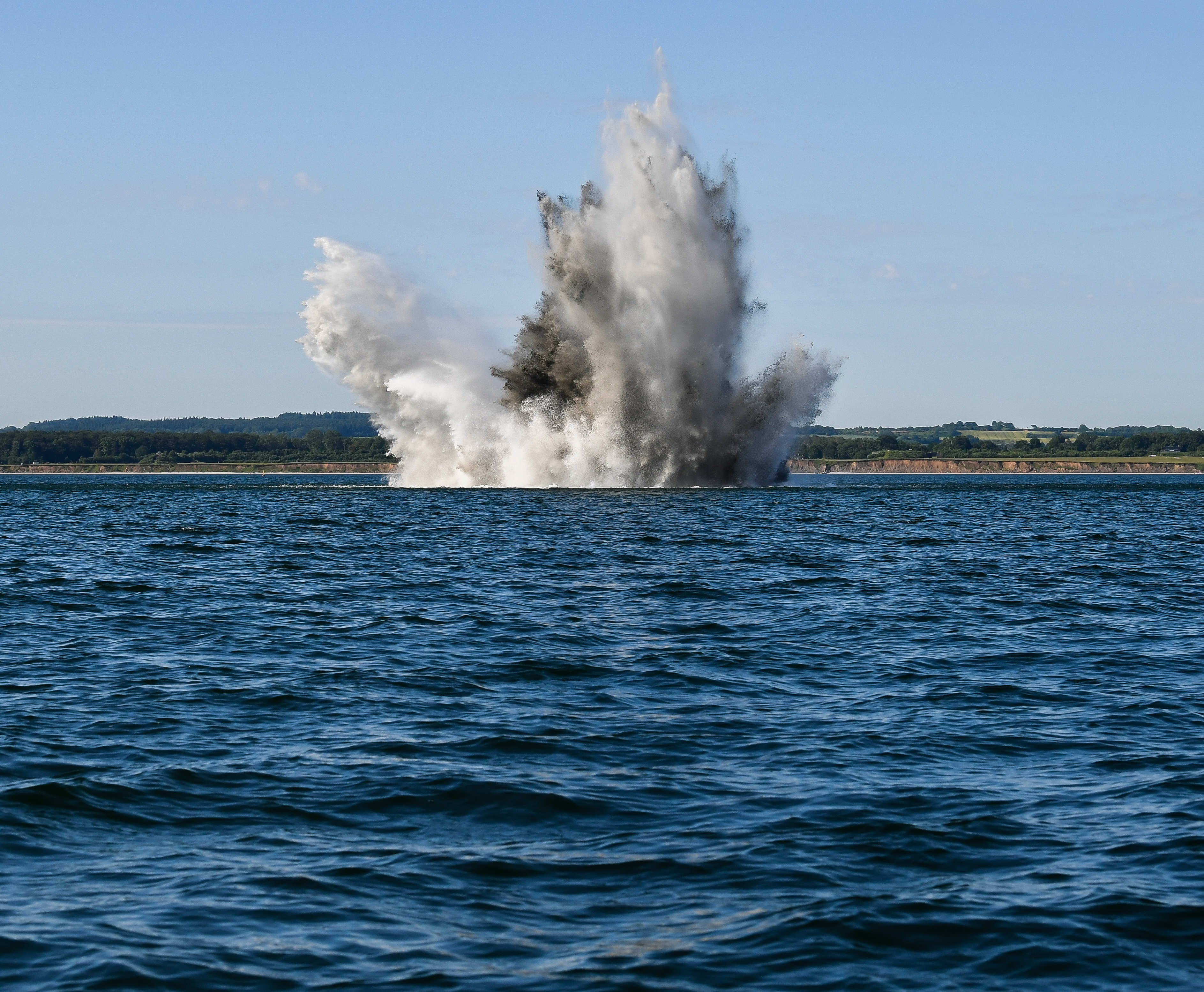After 18 porpoises were found dead in the Baltic Sea–the mammals are currently listed as an endangered species–the environmental organization Nature and Biodiversity Conservation Union are holding the Germany Navy responsible for the mammals’ deaths.
This past August, in preparation for a NATO maneuver headed by U.S. Navy’s 2nd Fleet, 42 WWII-era mines were blown up–39 of which, NABU contends, were inside a nature preserve. The mines, increasingly unsafe after decades of deterioration, were ordered to be blown up after civilian authorities alerted the German government about the need for their removal.
The Associated Press reported on Monday that a spokesman for Germany’s Defense Ministry stated “ ‘so far no direct link has been established’ between the detonation of 42 WWII-era mines and the deaths of the endangered marine mammals.”
However, Leif Müller, head of NABU, countered that “this incident is unacceptable and reveals the navy’s ignorance of nature protection laws and inadequate environmental standards, as well as the complete failure of politicians in dealing with the problem of old war munitions.”
The incident represents one of a myriad of issues facing Germany and other European nations as they attempt to contend with the after effects of WWII some 74 years later as mines and bombs are still being discovered across Europe. In April, some 4,500 people were evacuated from the town of Regensburg, Germany after an unexploded ordinance was found. And NABU, according to DW News, “has estimated that around 1.6 million tons of conventional munitions and some 300,000 tons of chemical weapons from World War I and World War II are still lying in the sea off the coast of Germany.”

